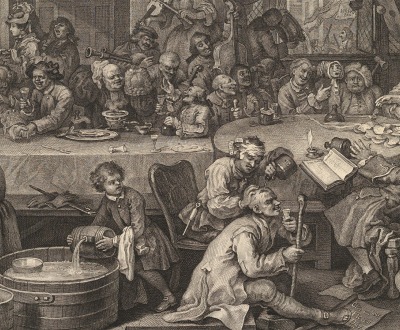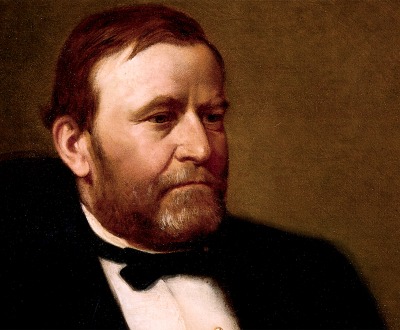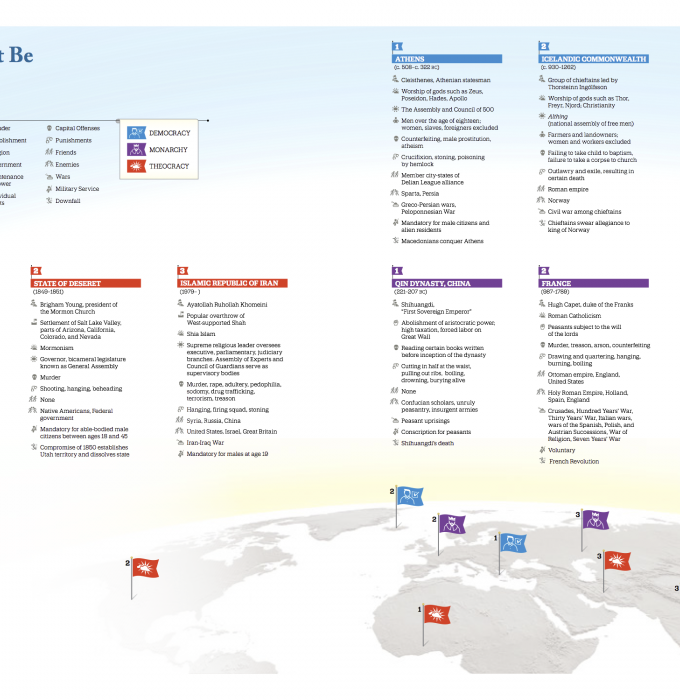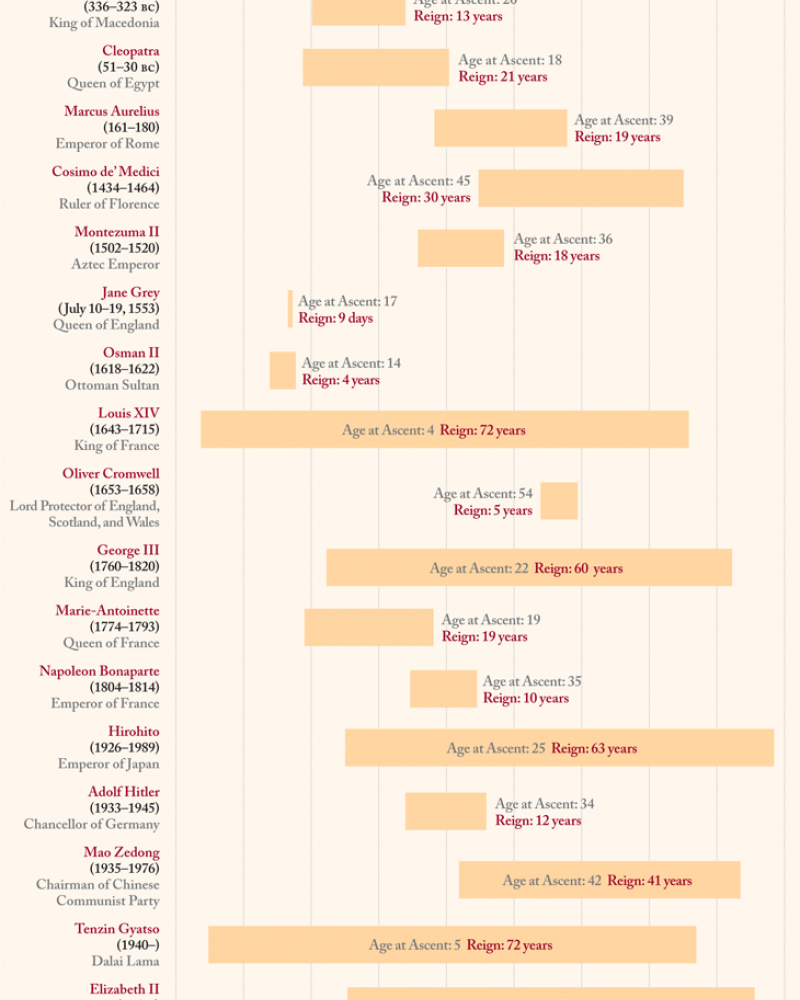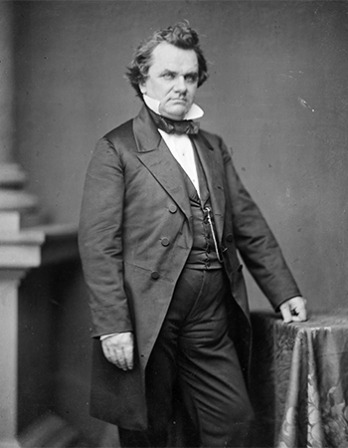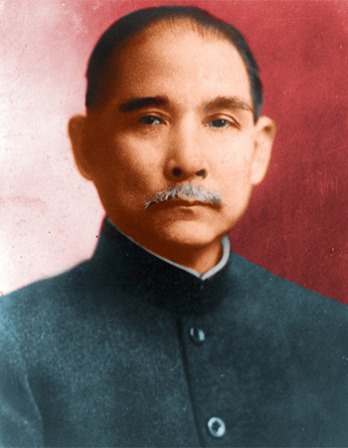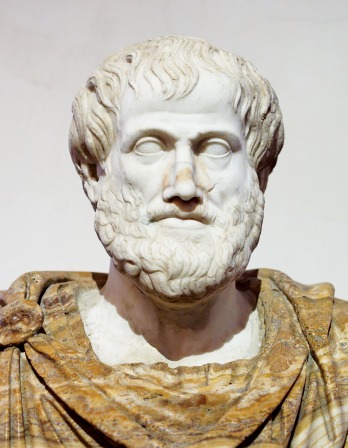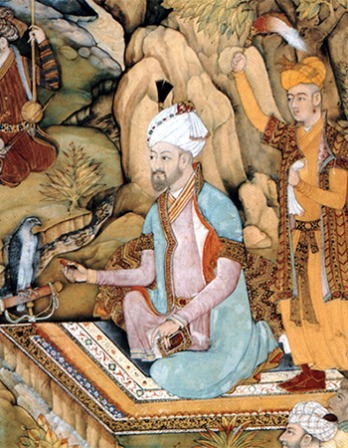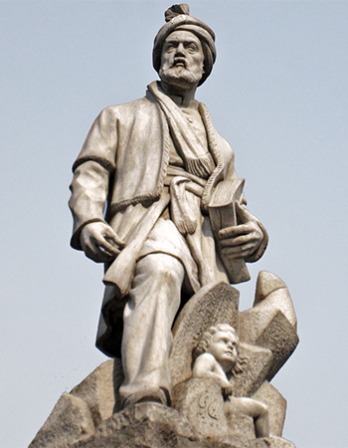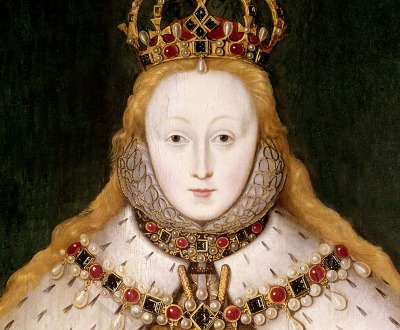
Queen Elizabeth I, c. 1600. National Portrait Gallery, London.
VIEW:
Miscellany
In The Third Man, Orson Welles’ character Harry Lime says, “In Italy for thirty years under the Borgias, they had warfare, terror, murder, and bloodshed, but they produced Michelangelo, Leonardo da Vinci, and the Renaissance. In Switzerland, they had brotherly love, they had five hundred years of democracy and peace, and what did that produce? The cuckoo clock.” Graham Greene, who co-wrote the script with director Carol Reed, said that it was “the best line of the film”—and that Welles wrote it. Welles recalled, “When the picture came out, the Swiss very nicely pointed out to me that they’ve never made any cuckoo clocks—they all come from the Schwarzwald in Bavaria!”
Politics, n. A strife of interests masquerading as a contest of principles. The conduct of public affairs for private advantage.
—Ambrose Bierce, 1906